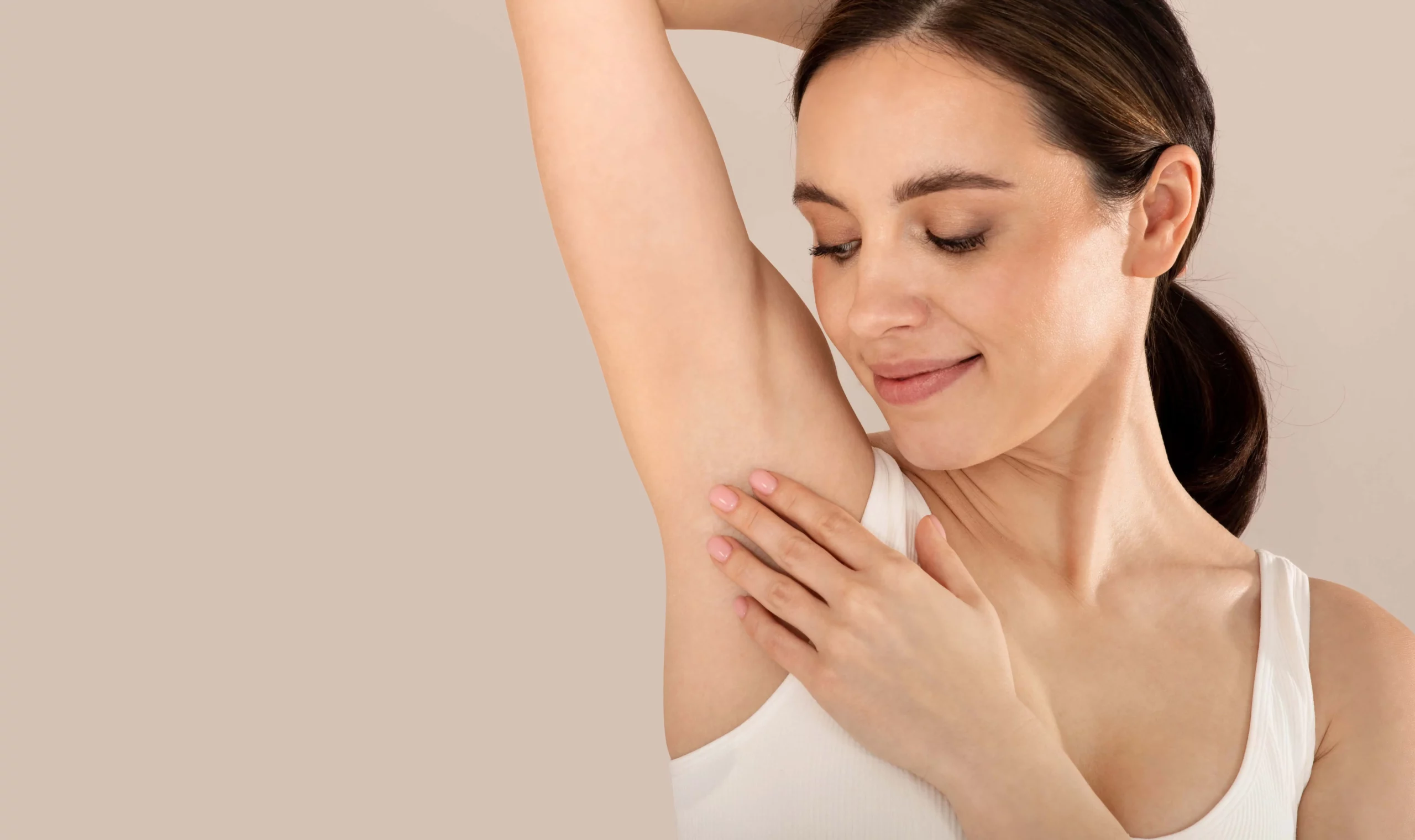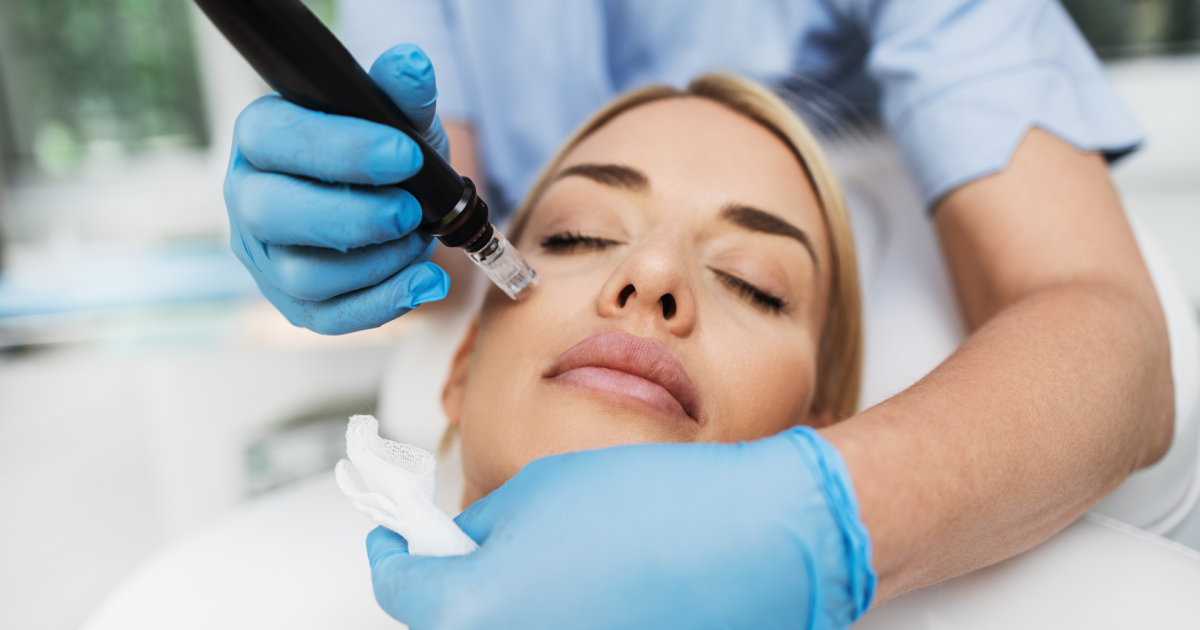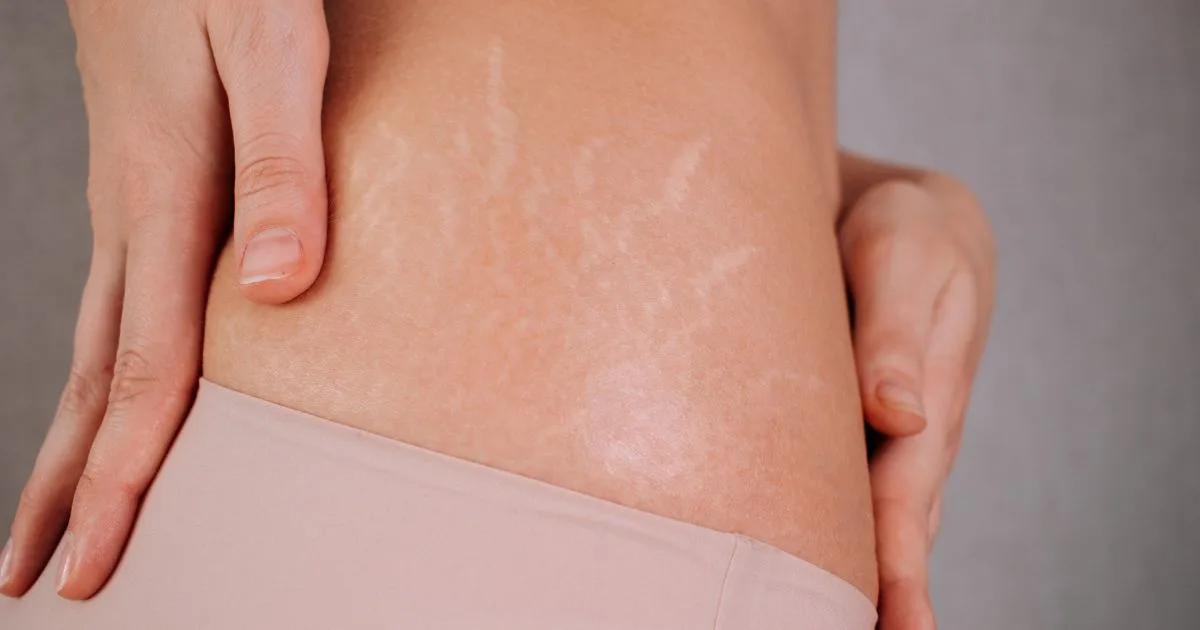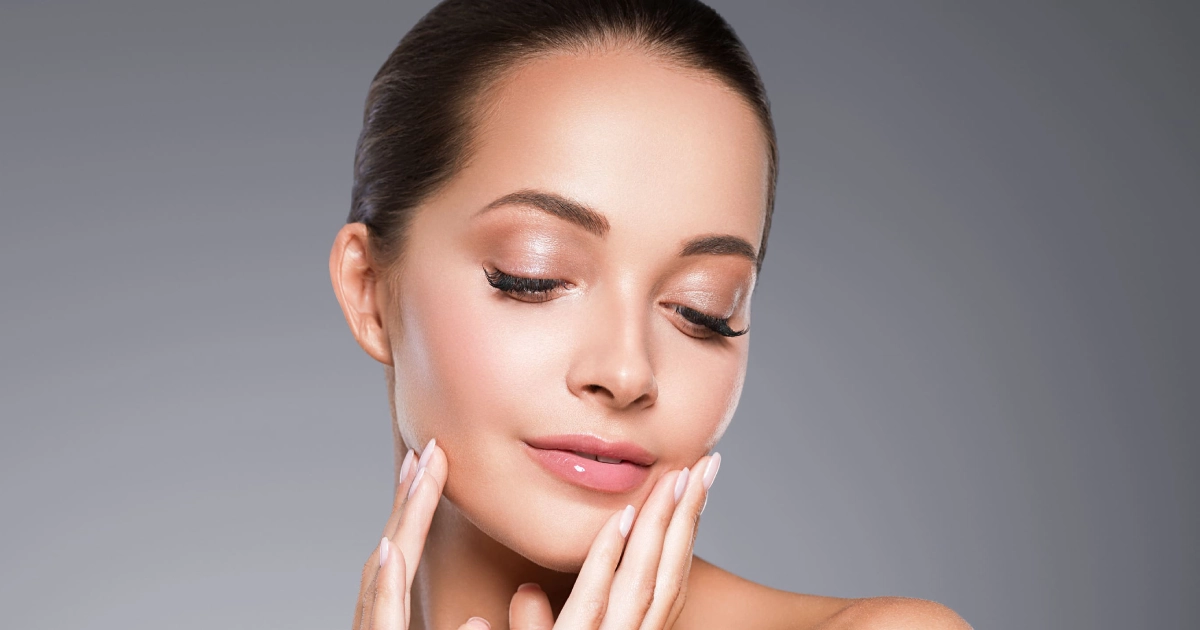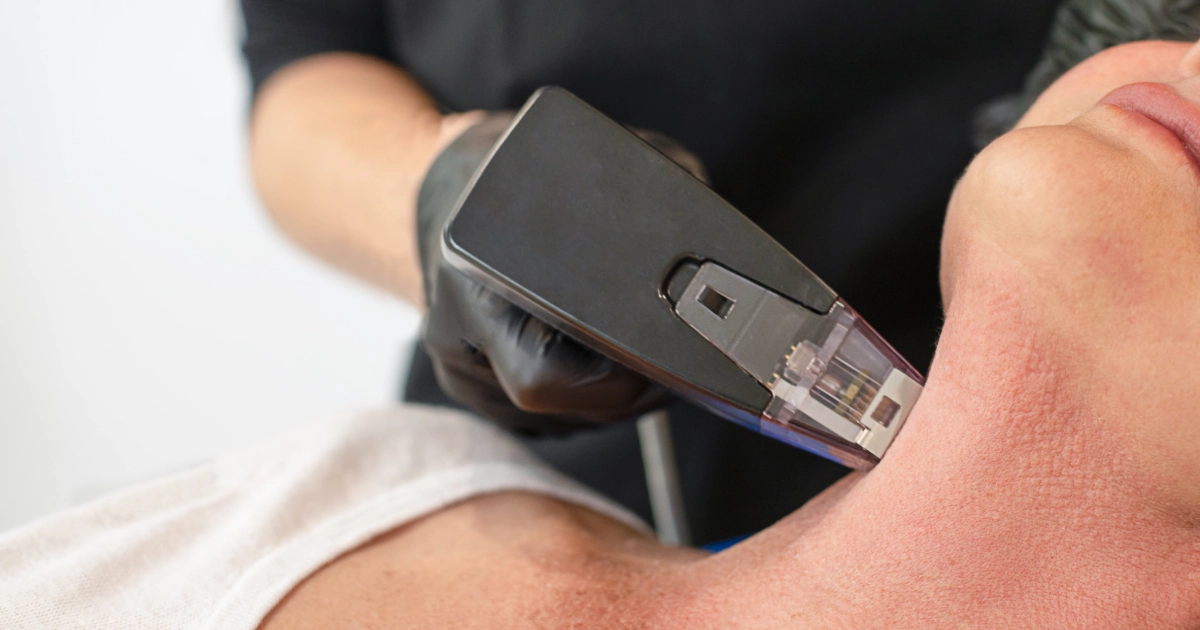A Simple & Effective Guide to Daily Skincare in 5 Easy Steps
With literally hundreds of thousands of skin care products on the market today, it’s no wonder people are so inundated and confused!
Some of the most common questions we get are:
What skin care products should I be using? Why do I need to use them? How often/When should I apply them? Which ones are right for my skin type?
If you have asked these and/or many other skin care related questions, consider this your lucky day! Especially when it comes to your AM/PM Skincare Routine. Follow along as I break it down with an in-depth cheat sheet for5 simple steps to keep it quick, yet effective:
- Cleanse
- Vitamin C
- SPF
- Retinol
- Moisturizer
AM Protocol
Step 1: Cleanse
When choosing a cleanser, base it on your appropriate skin-type.
For example, if you have Normal to Dry skin, either choose a creamy or oil based cleanser, that will not only remove makeup, but also help your skin feel more hydrated vs tight or dry when finished. If you prefer a gel-based or foamy cleanser, I recommend a gentle exfoliating cleanser to help eat away the dry, dead skin layers and leave your skin with a brightening glow. Most exfoliating cleansers have alpha-hydroxy acids, such as glycolic and lactic acids, and can sometimes contain salicylic (a beta-hydroxy acid).
If you have Combination skin , where you’re typically oiler on your forehead, nose, chin (also known as the t-zone) and drier on the cheeks, I also recommend a gel-based, exfoliating cleanser. It will not only help clean excess oils on the skin’s surface layers, but help diminish dry skin on your cheeks as well.
If you have Oily skin (oily all over face) a gel-based, exfoliating cleanser is also a recommended choice. The most common cleansers for oily skin types include active ingredients like salicylic acid to help reduce excess surface oils. And for any of the skin-types listed above that also have acne, a cleanser will typically contain either salicylic acid and/or benzoyl peroxide to help clear acne bacteria in the pores.
And finally, many of you have one of the above skin-types, but are also sensitive.
Sensitive skin is considered: skin with ‘reduced tolerance’ to skin care products with parabens (chemicals/preservatives used to give products a longer shelf life) petrochemicals (chemicals derived from petroleum or other fossil fuels such as coal, corn, sugar cane etc) or products/cosmetics with perfume. I recommend using a gentle, calming and organic (free from the aforementioned chemicals) that will leave your skin feeling deeply cleaned and gently refreshed.
When cleansing, take a few drops in the palm of your hands, add a little cool water and start to gently massage your entire face in an upward, circular motion for a solid minute or two. When finished, rinse your entire face with cool water until all cleanser is removed. Gently pat skin dry with a soft, cotton hand or face towel.
Pro-Tip: More and more cleansers today are being formulated to keep your skin’s PH balanced, leaving no need for the use of a toner or tonic. However, I recommend continuing using a toner if you always have, as oftentimes toners can wipe away any remaining traces of dirt, oil and makeup (even after cleansing).
Step 2: Vitamin C Serum
You may often hear that using Vitamin C on your skin is important, but many people aren’t sure why they need to use it.
Vitamin C should be in everyone’s skin care routine, as this essential antioxidant ingredient is a true powerhouse in protecting both the internal and external layers of skin. It has emerged as a giant among skincare ingredients because it packs quite a punch against the signs-of-aging and hyperpigmentation, to name a few. It also helps to improve the appearance of collagen-deprived skin, while brightening and evening-out the overall look of one’s complexion.
Just like choosing any other skin care product, make sure you choose the proper Vitamin C serum based on your appropriate skin-type, as there are different formulations for Normal/Dry, Combination, Oily/Acneic skin-types, and come in both liquid serum and lotion-like formulas.
When applying your Vitamin C serum, take 3-5 drops in the palm of your hands, gently rubbing them together and apply in an upward motion over your entire face, neck and décolletage (chest).
Pro-Tip; I always suggest: instead of wiping what serum is left on the palms of your hands onto a towel, sweep the remaining serum over the top of your hands as well, as your face, neck, décolletage and hands are the 4 areas that are consistently exposed to environmental/sun damage, no matter what time of year. Which brings me to the most important skin care step of all: Sunscreen!!
Step 3: Sunscreen
Most of you have heard how important it is to wear sunscreen, but just like vitamin c or other essential skin care products, you aren’t sure why?
Have you ever heard the phrase ‘SPF is your BFF’? IYKYK (if you know, you know) but for those of you who don’t, here’s why. Our skin works to protect us from harmful ultraviolet radiation (UVA/UVB rays). Even when it’s gray or foggy out, these rays continue to attack our skin, causing continual, free-radical damage, which can lead to skin cancer, discoloration, fine lines and wrinkles that most people aren’t aware of. With these facts alone, you can understand why sunscreen is considered the Most Important skin care step of all!!
What does SPF even mean? SPF stands for ‘sun protection factor’ and we recommend using at least an SPF 15 (good sun protection) if not more so, an SPF 30 (excellent sun protection). Like many other common skin care questions we get asked, ‘what is the best percentage of sunscreen I should use?’ is definitely at the top. During a typical skin care consultation, I help keep it simple by educating our patients on why we recommend them using ‘Broad Spectrum SPF 30′ as a gold standard. In further detail: an SPF 15 blocks 93% of UVB rays, SPF 30: 97%, SPF 50: 98% & an SPF 100: 99%… I continue to explain my rationale for why using an SPF 30 is sufficient: because you won’t get much extra protection by going any higher. What’s more? Not only will it block most UVA (Aging rays) and UVB (Burning rays) when applied properly, but also not to forget to reapply about every 2 hours, when sunscreen becomes less effective. Hence, our go to phrase re: sunscreen: “Reapply until you Die”.
Again, like other skin care counterparts, choosing a sunscreen should be based on your skin-type. Let our team of experts help you decide as there’s more hydrating formulas if you have normal/dry skin, and even oil-free formulas, for combination/oily skin-types. There’s also even tinted sunscreens that go on sheer, with a hint of color, to give you a natural looking glow.
Our favorite types are natural/ ‘physical’ sunscreens that include at least 17-21% of Zinc Oxide and are often combined w Titanium Dioxide, a.k.a., mineral based sunscreens, but we also have some chemical sunscreens that are non-toxic, safe & healthy for the skin. I will go over chemical vs. physical sunscreens in another blog in the future to break down the differences for you.
PM Protocol
Step 1: Double Cleanse
Double Cleansing in your PM Protocol will:
a) ‘Wash off the day’, a.k.a: makeup, dirt, oil & any environmental toxins that settle onto our skin. Sleeping with makeup on, even if you don’t wear much or any at all, without rinsing your skin first, is a big no-no as it can cause clogged pores & acne breakouts.
Your first cleanse should be an oil based cleanser to break down makeup & oil on the surface, while leaving your skin’s natural oils behind. Take a few drops in the palms of your hands & gently massage into your skin in upward, circular motions for a good minute or two, then wipe skin clean with a cotton tissue or towel.
b) Step two involves a good lathering with a gel based cleanser and water.
Use the appropriate skin-type cleanser recommendations described in the AM Protocol, rinse clean with cool water and pat skin dry. Clean skin will allow the active ingredients in your serums and moisturizers applied afterward to penetrate better, deeper and work more effectively.
Step 2: Retinol/Retin A
A good Retinol/Retin A serum is like a nightly superhero coming to your skin’s rescue to prevent visible signs of aging!
It’s one of my top recommendations, besides SPF and Vitamin C, and here’s why.
As a powerful multitasker, not only does it help soften the appearance of fine lines and wrinkles, while boosting collagen-deprived skin, it also exfoliates dead skin cells simultaneously, keeping blemishes at bay.Skin cells slough off and shed more readily, vs. piling up inside hair follicles and clogging pores. The result? Pores stay clearer and unwanted acne breakouts are minimized.
Both formulas are meant for all skin types, except sensitive skin, where I recommend a Retinol only. Not only is retinol a more gentle formula, it takes longer to penetrate into layers of skin and won’t go as deep. Most newer formulations today are made with advanced, encapsulated ingredients, oftentimes resulting in little to no surface redness, peeling or irritation.
Normal/Dry, Combination and Oilier skin types typically do well with Retin A. Also known as vitamin A, retin A is either written by prescription or dispensed in office by a medical professional only, as it penetrates immediately into deeper layers of your skin to repair instantly.
Pro Tip: I recommend retinol for all skin types in the warmer, spring/summer months and retin A (except sensitive skin) in the cooler, fall/winter months to prevent your skin from becoming photosensitive (skin irritation caused by sunlight).
Regardless of skin type, time of year or formulation, the most imminent rules when using Retinol/Retin A are two fold:
1. For PM use ONLY!! After cleansing, wait for 20 min (if time allows) to make sure skin is completely dry to avoid any irritation when applying Retin A. Take 1-2 drops of a serum formula, or a pea sized amount of a cream or gel formula, into the palm of your hands and gently press into skin, avoiding the eye area. Follow with a skin-type appropriate moisturizer. Even if you have combo-oily skin, a good moisturizer is a MUST when using retin A formulas as they tend to dry your skin out.
2. In the AM, wash your face with a mild cleanser to remove any residue on your skin’s surface from the night before and follow with your skin-type appropriate Vitamin C formula. Follow with an SPF as it must be applied & re-applied every two hours throughout the day.
Step 3. Moisturize, Moisturize, Moisturize
Whether you have dry, oily or combination skin, moisturizer is essential in your daily skincare routine as it can help keep your skin hydrated and refreshed.
As we age, the oil glands that keep skin healthy, begin to lose their power, thus creating fewer oils. By moisturizing daily, glands won’t have to work as hard to keep your skin healthy throughout your life. When your skin dries out, imbalances occur, such as increased redness, acne and even shiny skin from over active glands trying to compensate for excess dryness. Hence, why a skin-type appropriate moisturizer is important to combat the above.
If you have dry skin, try using a more moisture-rich creme, with ceramides for example. Not only will this increase hydration in your skin, but also help repair the skin barrier to improve skin elasticity and texture. Or if you have more naturally oily skin, I recommend using a lighter-weight lotion formula that is typically lower in oil content. Most oily prone skin types tend to use products with ingredients that dry out all the oils in the skin such as salicylic acid. A low percent of this active ingredient (1-2%) is great to help control an overproduction of excess oil. However, if used too much or too often, the oil barrier will be stripped and oil glands will start to produce even more oil vs. a normal amount of one’s natural oil production, keeping your skin in an out-of-balanced influx.
Whether using either a creme or lotion formula, take 1-2 pumps into the palm of your hands, placing one pea-sized dot in the middle of your forehead, in the center of both left and right cheeks and chin, gently massaging in an upward motion, until all product has absorbed in. Regardless of skin type, by moisturizing your skin each day, your skin barrier will be healthier, as your pores will be filled with necessary hydration and keep more environmental pollutants out.
If you stick to using the most essential skin care products necessary, as listed above, you will help keep your skin looking radiant, healthy and feeling it’s absolute best!!
Call our office to book a complimentary skincare consultation with me so I can customize and recommend the proper products and formulations just for you! 925-954-7512.
To Schedule an Appointment, click the button below.



